If “Man, oh Manischewitz!” is about the extent of your knowledge about Kosher wine, we’re willing to bet that a.) you’re not alone and b.) your mind is about to be blown. Manischewitz, the syrupy libation that somewhat resembles wine, brings about a nostalgic flood of memories for many members of the tribe this time of year. The first time you experienced that distinct grape Kool-Aid with booze taste, it was forever etched in your memory. So, for Jewish people and the gentiles that love them (*said in our best Jerry Seinfeld imitation*): what exactly is the deal with Kosher wine?
The Basics
- In order for a wine to be considered kosher it must be made under the supervision of a rabbi.
- The wine must contain only kosher ingredients, and it must be processed using equipment that is certified by a rabbi.
- The wine can only be touched – from the time the grapes are picked to the time the wine is poured into a glass – by Jewish people that observe the Sabbath.
- No preservatives or chemicals of any kind (gelatin, lactose, glycerin, corn products or non-wine yeasts) may be added.
Kosher Winemaking
It’s entirely possible to make a Kosher wine out of any old grape that you want, but certain things about the winemaking process will differ.
- You need practicing Jewish people who want to make wine (duh).
- Winemaking involves a lot of cleaning, but this is even more crucial for a Kosher wine in the event that a non-Kosher wine happened to have been previously made in the winery’s equipment. All traces (skins, seeds, stems) of the previous wine have to be removed. In addition, all equipment must be cleaned three times daily.
- The vines need to be at least three years old. Not a hardship, because that is a normal age for a grapevine to first produce crop.
- Barrels used to age Kosher wine must either be brand new, or never used for non-Kosher wine.
- No animal products can be used for fining or filtration. This sounds odd, but the use of egg whites to attract particles that hang out in the wine is a very common way to clarify the finished product. Kosher winemaking can use bentonite (a clay material) to attract these particles instead.
The Myths, Busted
- It’s all sweet
Manischewitz, for those that have experienced it, is a very sweet beverage. This is because when Manischewitz wine was first being produced, it was made from Labrusca grapes hailing from New York state that were of varying degrees of quality. Sugar was added to mask any unpleasant flavors. Indeed, Labrusca grapes have a very unique “foxy” taste, and sugar was certainly an easy solution. Currently Manischewitz makes several kinds of wine, including one made from Concord grapes, and several non-grape varieties like blackberry, cherry and elderberry.
- It has to be boiled
Not quite. A second process, called “Mevushal” (“cooked” in Hebrew) is used if the intention is for a wine to remain Kosher no matter who handles it. It involves the “must” of pressed grapes and skins being heated to boiling, and then cooled before regular fermentation begins.
- It has to be blessed by a rabbi
Nope. There’s no blessing involved. Equipment used in Kosher wine production must be supervised by a rabbi, but not blessed.

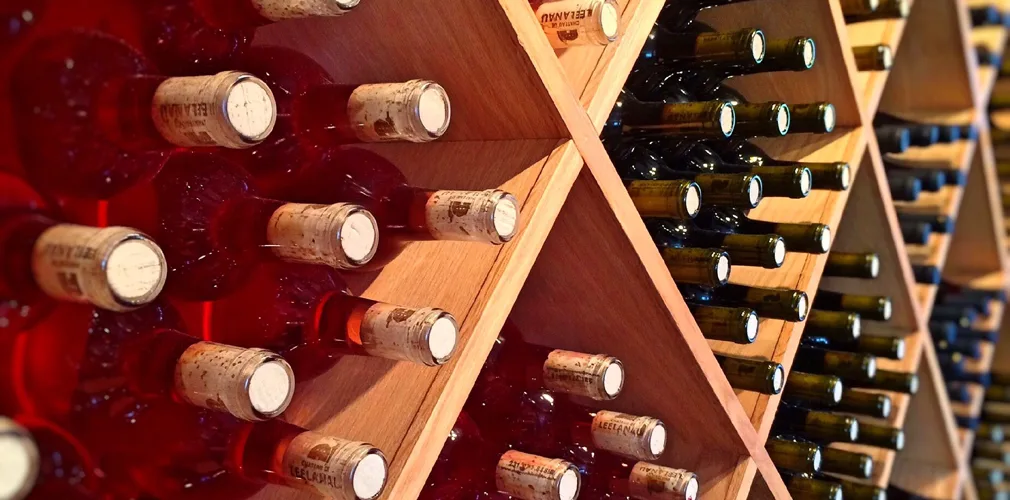



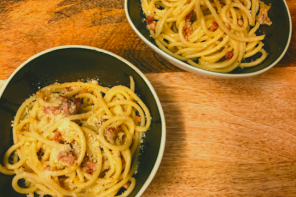
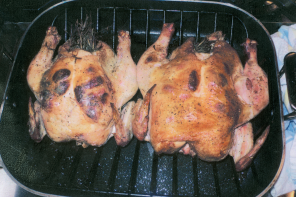
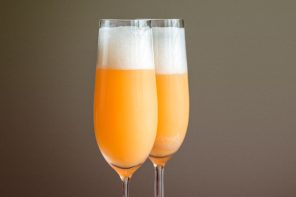
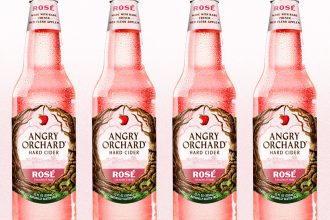
Looking for a good wine with full body to accompany honey garlic ribs with a balsamic dressed green fig/corn salad
Hi Leanna, happy to help if I can. Were you looking specifically Kosher wine to go with the ribs you’re making, or a wine in general?